Your HVAC unit is one of the most critical parts of your home or office. It keeps you warm during the winter and cools in the summer, so it is not an understatement to say that air conditioning is sometimes necessary.
Therefore, you want your air conditioning unit to function at optimal performance, especially when harsh weather. Efficiency is the most important aspect of air conditioning performance.
Many factors affect the performance of an air conditioner, including:
Air Flow
An air conditioner modifies the air from outside your home and into it. Therefore, if there is little airflow, the AC unit has to work a lot harder to ensure there is enough warm or cool air inside your home. Your AC needs to ‘breathe’ properly, so you should ensure there is nothing restricting airflow in and out of the AC unit.
Remove obstructions such as bushes, trees, or structures near the AC. A clogged air filter, blocked condenser unit, and debris in the AC’s air ducts could also lead to poor airflow. The more airflow your AC unit has, the better it will perform.
Maintenance
The AC unit is a machine; like any machine, it requires regular maintenance to function optimally. Considering how often most households use their AC unit, it will require more maintenance than other machines. You should check your AC unit at least once a week for any issues.
If you live in Houston, you should also contact a professional AC repair technician from the city to evaluate the HVAC at least once every six months. However, the bulk of the maintenance falls on you. Read the user manual to find the best way to maintain the AC unit.
Ensure that you check the air filters, remove debris that can be sucked into the AC, and the unit has an open environment. Whenever there is an issue with the AC, fix it as soon as possible. Minor problems can become significant issues that are harder to fix.
Age
Everything deteriorates with use, including HVAC units, and the unit’s age will significantly impact its performance. Every unit has an estimated lifespan, and the average lifespan of an AC unit is 10 to 15 years. The younger the HVAC unit, the better it will likely perform and vice versa.
As your AC unit ages, you should consider more regular checkups to ensure its performance. Replace and repair any damaged part accordingly and as soon as possible.
Sometimes, it may not be worth repairing an older model, and you will be better-served upgrading to a newer model. It will cost you, but it will be cheaper in the long run than constantly making repairs.
Size
HVAC units come in different sizes, and when buying a unit for your home, it is crucial to consider its size. The AC should be large enough to handle the needs of your home. If you buy an AC that is too small, it will have to work much harder to cool or warm your house, which will diminish its performance and lifespan.
It will lead to system failures causing damage to the unit’s parts which will require repairs. Moreover, your home will always be insufficiently cooled or warmed by the unit.
On the other hand, an AC unit that is too large will waste energy and money. It will cycle on and off repeatedly, which can cause issues and diminish its performance.
Poor Indoor Air Quality
The AC affects the indoor quality of your home and vice-versa. Dust, debris, and dander infiltrate the HVAC’s air filter and hamper its performance.
The AC unit has to work harder to expunge the air contaminants in your home, consuming a lot more energy and increasing wear & tear. If you fix the quality inside your home, the AC unit can function optimally and run smoothly while providing you with cleaner air. Extra equipment like an air purifier or ventilator can improve the air quality in your home and spare your AC.
Dirty Coils
Dirt can build up in the evaporator coils and condenser in your AC unit, which reduces their ability to transfer heat. Therefore, your AC must work much more challenging to remove heat from your house than it typically would. The result is that it increases energy consumption, decreasing the AC unit’s efficiency.
It would be best if you cleaned your coils as often as possible or during the tune-up. It would be best if you also cleaned your air filters to prevent the buildup of dirt in the unit and maintain high performance.
An AC unit is indispensable to sustain modern lifestyles where you have an above-ground pool and other privileges in many parts of the world. You want your HVAC system to function as often as possible at peak performance.
Dirty coils, poor indoor air quality, size, age, airflow, and maintenance are some factors that affect an AC unit’s performance. Consult an AC repair professional to learn more about improving your unit’s performance.

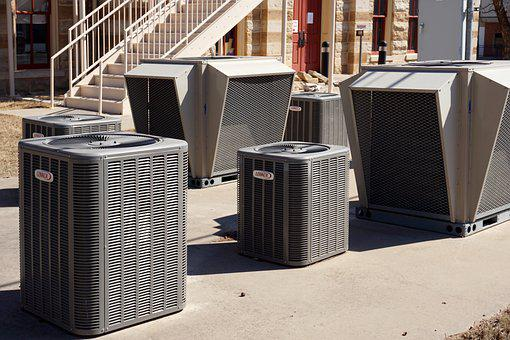
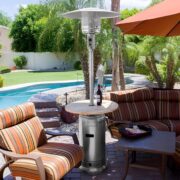
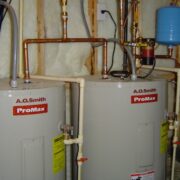
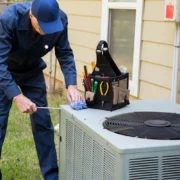
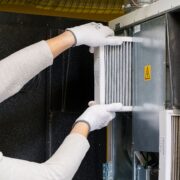
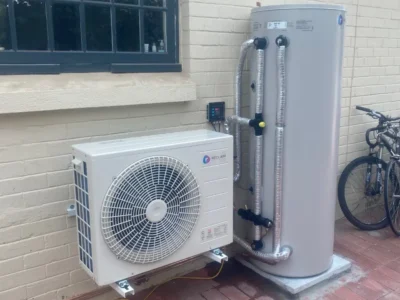
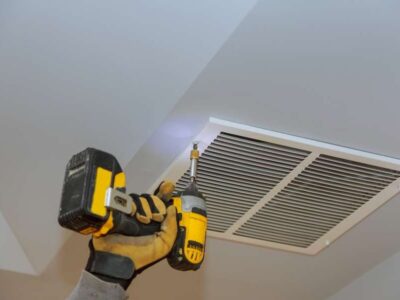
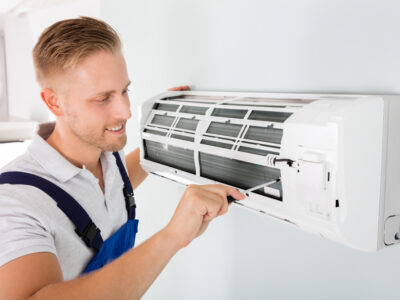

Comments